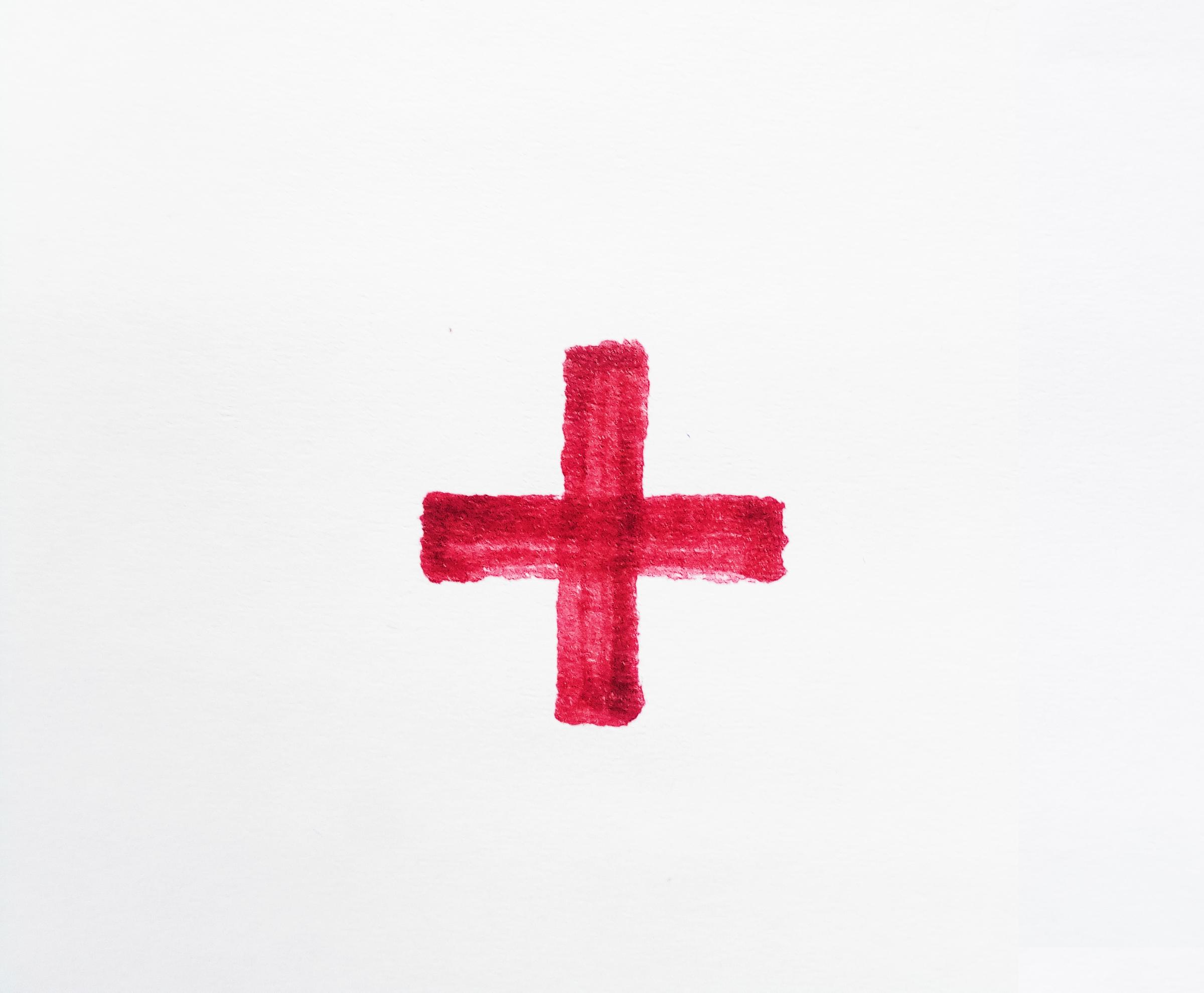First Aid

What is gastro?
Gastroenteritis (gastro) is an infection of the stomach and intestines (bowel). In most cases, gastro starts with vomiting and then leads to diarrhoea (runny, watery poo). The vomiting may settle quickly, but the diarrhoea can last up to 10 days.
Many germs can cause gastro, but a virus is the most common.
Gastro spreads easily and is more common and severe in babies and young children.
Signs and symptoms of gastro
If your child has gastro, they may:
- feel unwell and not want to eat or drink
- vomit in the first 24 to 48 hours
- have diarrhoea
- have cramping stomach pain that comes and goes
- have a fever.
The first few days of the infection are usually the hardest to manage – especially if your child is vomiting.
Some children are more likely to get dehydrated. These include:
- babies under six months
- people with long-term health issues, such as chronic bowel disease or kidney disease.
How to care for gastro at home
Unfortunately, there is no medicine to cure gastro. Over-the-counter medicines that reduce vomiting and diarrhoea may be harmful for children. If your child has severe nausea and vomiting, a doctor may prescribe ondansetron to help with this.
Hydration is the key to caring for gastro at home, but it can be hard to ensure your child drinks enough fluids when they are vomiting and do not want to drink. Try to give your child small amounts of fluid often – even if they are vomiting. This will help replace any fluids they lose due to vomiting and diarrhoea.
Is gastro contagious?
Gastro is very contagious. It spreads through contact with the vomit or poo of an infected person, for example, by touching someone who has recently thrown up or had diarrhoea, sharing contaminated food or drinks, or touching contaminated objects like toys. Gastro can also spread through the air when an infected person vomits.
Stopping the spread of gastro
Good hygiene is the best way to limit the spread of gastro. If your child has gastro, remember to:
- wash your hands thoroughly with soap or alcohol hand sanitiser – especially before and after touching your child, feeding, and nappy changes.
- regularly wash and/or disinfect objects like toys, clothes and bedding.
- clean shared surfaces like tables and door handles.
- stop other members of your household from sharing items with your sick child.
It is a good idea to wear gloves and a mask when cleaning up vomit or poo. Use disposable cleaning products like paper towels and put them into a bag before throwing them away.
